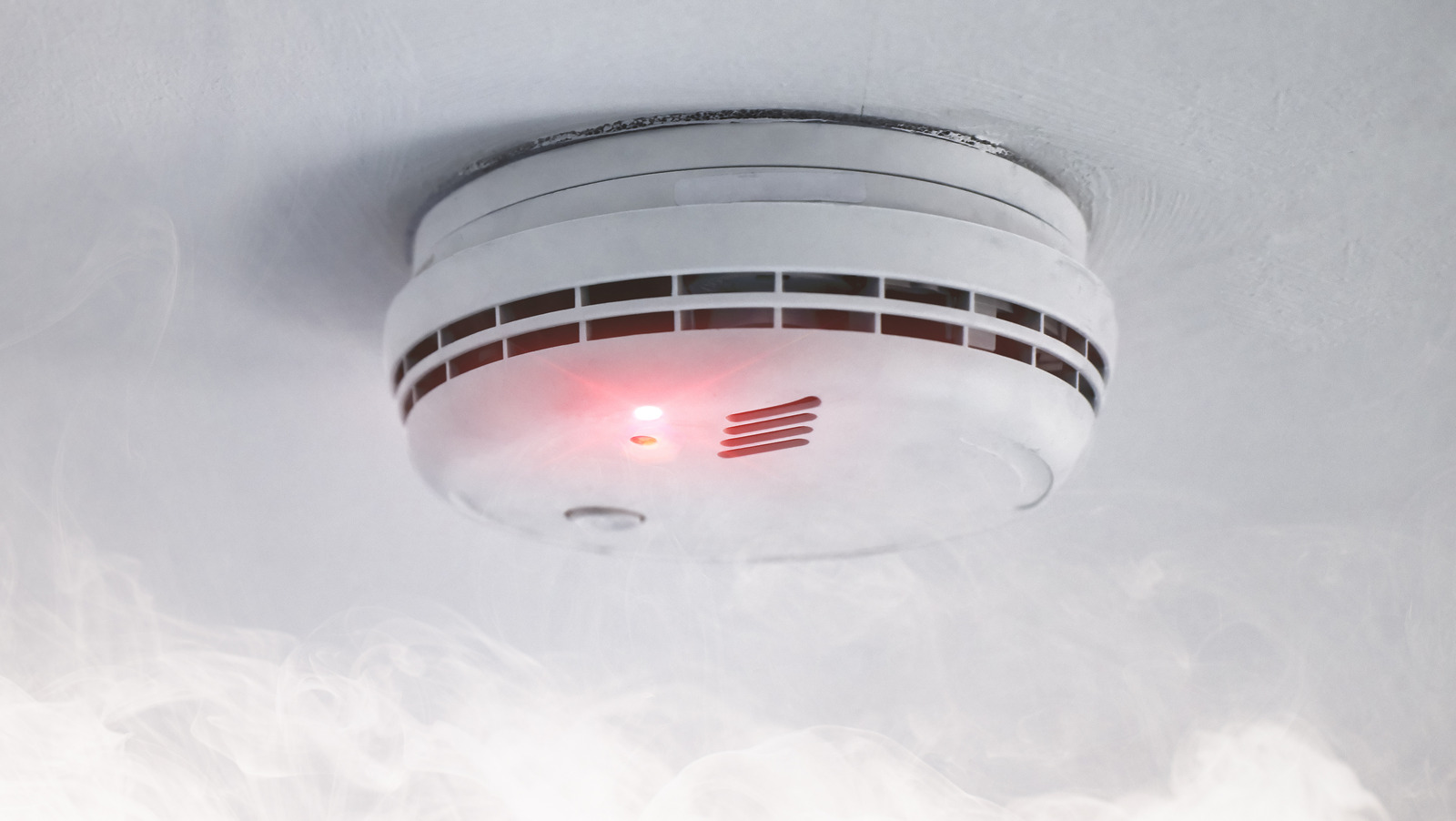

Articles
Why Does A Smoke Detector Chirp?
Modified: January 18, 2024
Discover why smoke detectors chirp, the reasons behind it, and what you can do to fix this common issue. Explore our informative articles for insights and solutions.
(Many of the links in this article redirect to a specific reviewed product. Your purchase of these products through affiliate links helps to generate commission for Storables.com, at no extra cost. Learn more)
Introduction
Smoke detectors play a crucial role in keeping our homes and businesses safe. They are designed to detect the presence of smoke and emit a loud alarm to alert us of potential fire hazards. However, one common issue that many people encounter with smoke detectors is the annoying chirping sound they sometimes make.
That incessant chirping can be incredibly frustrating, especially when it occurs in the middle of the night or when you’re trying to focus on important tasks. But have you ever wondered why smoke detectors chirp? In this article, we will explore the reasons behind this chirping phenomenon and how to address it.
Before we delve into the specifics of chirping smoke detectors, let’s first understand the basics of how smoke detectors work.
Key Takeaways:
- Regular maintenance, battery replacement, and sensor cleaning are essential to address smoke detector chirping. Stay proactive to ensure optimal functionality and reliable fire safety in your home or business.
- Promptly replace smoke detectors reaching their end-of-life to maintain continuous protection against potential fire hazards. Choose compatible models and consider system upgrades for enhanced safety.
Read more: How To Stop A Smoke Detector From Chirping
Understanding Smoke Detectors
To comprehend why smoke detectors chirp, it’s essential to have a basic understanding of how these life-saving devices function. Smoke detectors typically rely on two primary detection methods: ionization and photoelectric.
Ionization smoke detectors use a small amount of radioactive material to ionize the air inside the detector. When smoke particles enter the chamber, they disrupt the electrical current, triggering the alarm.
On the other hand, photoelectric smoke detectors utilize a light source and a light-sensitive sensor. When smoke particles pass through the detection chamber, they scatter the light, causing it to hit the sensor and activate the alarm.
With either detection method, smoke detectors are designed to be highly sensitive to the presence of smoke, ensuring early detection of potential fires in order to maximize evacuation time and minimize property damage.
Reasons for Chirping
There are several reasons why a smoke detector may emit a chirping sound. Understanding these reasons will help you troubleshoot the issue and resolve it effectively. Here are the most common causes of smoke detector chirping:
- Low Battery: One of the primary reasons for smoke detector chirping is a low battery. Most smoke detectors are designed to emit a chirping sound as a warning sign when their batteries are running low. This serves as a reminder to replace the batteries promptly to ensure the smoke detector continues functioning properly.
- Malfunctioning Sensor: Sometimes, the chirping may be a result of a malfunctioning sensor. If the smoke detector’s sensor becomes dirty or damaged, it may trigger false alarms or emit a chirping sound. Cleaning the sensor or replacing the smoke detector may be necessary in such cases.
- Maintenance Required: Smoke detectors, like any other electronic device, require regular maintenance to operate optimally. Dust, dirt, and debris can accumulate over time, impairing their performance and causing them to chirp. Regularly cleaning and maintaining your smoke detectors can help prevent unnecessary chirping.
- End-of-Life Warning: Smoke detectors have a limited lifespan, typically around ten years. When a smoke detector reaches the end of its life, it may emit a chirping sound as a warning sign. This signals the need for replacement to ensure continued safety.
By identifying the specific reason for the chirping, you can take appropriate steps to address the issue and eliminate the annoying sound.
Low Battery
One of the most common reasons for smoke detector chirping is a low battery. When the battery power decreases to a certain level, the smoke detector emits a chirping sound as a warning signal. This is a crucial safety feature that alerts you to replace the battery promptly.
Replacing the battery in your smoke detector is a simple and inexpensive task. Here’s how you can do it:
- Locate the smoke detector. It is typically mounted on the ceiling or wall.
- Remove the smoke detector from its mounting bracket. This can usually be done by twisting the detector counterclockwise or sliding it out of the bracket.
- Inspect the smoke detector to determine the type of battery it requires. Common types include 9-volt and AA batteries. Check the battery compartment for any specific instructions or labels.
- Remove the old battery from the compartment. Pay attention to the correct polarity (+ and -) when removing the battery.
- Insert the new battery into the compartment, making sure to align the polarity correctly.
- Reattach the smoke detector to its mounting bracket. Ensure it is securely fastened and properly aligned.
- Test the smoke detector by pressing the test button. If the chirping stops and the alarm sounds, it indicates that the new battery is functioning correctly.
- If the chirping continues after replacing the battery, it may be a sign of a different issue, such as a malfunctioning sensor or the need for further maintenance. In such cases, refer to the manufacturer’s instructions or seek professional assistance.
Remember to replace the batteries in your smoke detectors on a regular schedule, typically every six months to a year, even if they haven’t started chirping. This proactive approach ensures consistent functionality and avoids potential false alarms.
By promptly addressing the low battery issue in your smoke detectors, you can eliminate the annoying chirping sound and maintain the highest level of fire safety in your home or business.
Malfunctioning Sensor
Another potential reason for smoke detector chirping is a malfunctioning sensor. Over time, smoke detectors can accumulate dust, dirt, or debris, which can affect the sensor’s performance. Additionally, exposure to excessive heat or humidity can also lead to sensor malfunctions.
If you suspect that a malfunctioning sensor is causing the chirping, follow these steps to troubleshoot the issue:
- Disconnect the smoke detector from its mounting bracket by twisting it counterclockwise or sliding it out, depending on the model.
- Gently clean the detector with a soft cloth or vacuum cleaner to remove any dirt or debris that may be obstructing the sensor. Pay special attention to the vents and any visible openings.
- If the smoke detector has a removable cover, remove it carefully and clean both the cover and the sensor using a soft, dry cloth. Be cautious not to touch the sensor directly and avoid using any liquid or cleaning solutions.
- Once the sensor and detector are clean, reattach the smoke detector to its mounting bracket and test it by pressing the test button.
- If cleaning the sensor doesn’t resolve the issue and the chirping persists, the sensor may be damaged or malfunctioning. In such cases, it’s recommended to replace the smoke detector with a new one to ensure reliable performance and accurate smoke detection.
It’s important to note that smoke detectors have a limited lifespan, typically around ten years. If your malfunctioning sensor issue occurs in an older smoke detector, it might be a sign that it’s time for a replacement. Check the manufacturer’s instructions or consult a professional for guidance on choosing the right smoke detector for your needs.
Maintaining clean and functional sensors is crucial to the proper functioning of smoke detectors. Regular cleaning and inspection can help prevent sensor malfunctions, reduce false alarms, and ensure your smoke detectors work effectively in detecting smoke and potential fire hazards.
Remember, if you are unsure or uncomfortable troubleshooting the issue yourself, it’s always best to consult a professional to ensure the job is done correctly and to maintain the highest level of fire safety in your home or business.
Replace the batteries in your smoke detector regularly, as chirping is often a sign of low battery power. If the chirping continues after replacing the batteries, the detector may need to be replaced.
Read more: Why Does A Smoke Detector Beep?
Maintenance Required
Regular maintenance is essential to keep your smoke detectors in optimal working condition. Even if they are not currently chirping, performing routine maintenance can help prevent future issues and ensure reliable performance when you need them the most.
Here are some key maintenance tasks you should consider performing on your smoke detectors:
- Regular Cleaning: Dust, dirt, and debris can accumulate on the exterior and interior of smoke detectors over time, impairing their performance. Use a soft brush attachment on your vacuum cleaner or a soft cloth to gently clean the detector and remove any debris. Avoid using water or cleaning agents as they can damage the internal components.
- Functional Test: Test your smoke detectors at least once a month by pressing the test button. This will ensure that the alarm sound is loud and clear, indicating that the smoke detector is working properly. If the alarm is weak or doesn’t sound at all, replace the batteries or the entire smoke detector as needed.
- Battery Replacement: It’s a good practice to replace the batteries in your smoke detectors every six months to a year, regardless of whether or not they are chirping. This proactive approach ensures that the batteries are fresh and reliable in case of an emergency. Set a reminder on your calendar to regularly check and replace the batteries.
- Check for Obstructions: Ensure that there are no objects obstructing the smoke detectors, such as curtains, furniture, or decorations. Obstructions can prevent smoke from reaching the detectors, reducing their effectiveness. Keep the area around the detectors clear to ensure the best possible detection coverage.
- Inspect for Damages: Periodically inspect your smoke detectors for any physical damages, such as cracks, broken parts, or loose wiring. If you notice any issues, it’s important to replace the smoke detector to ensure its functionality and reliability. Don’t attempt to repair damaged detectors yourself; consult a professional for assistance.
By performing regular maintenance on your smoke detectors, you can minimize the chances of false alarms, ensure accurate smoke detection, and increase overall fire safety in your home or business.
If you’re unsure about how to perform maintenance on your smoke detectors or encounter any issues during the process, it’s always recommended to consult the manufacturer’s instructions or seek assistance from a qualified professional to ensure the job is done correctly and effectively.
End-of-Life Warning
Smoke detectors have a limited lifespan, typically around ten years. After this time, their effectiveness in detecting smoke and potential fire hazards decreases. To ensure the continued safety of your home or business, smoke detectors are designed to emit an end-of-life warning, often in the form of a chirping sound.
When a smoke detector reaches its end-of-life, it’s crucial to replace it promptly. Ignoring the end-of-life warning can leave you vulnerable to undetected fires or false alarms. Here are some key signs that indicate your smoke detector has reached its end-of-life:
- Chirping Sound: The most common indication of the end-of-life warning is the chirping sound emitted by the smoke detector. This chirping may occur at regular intervals or continuously, depending on the model.
- Age of the Smoke Detector: If you know when the smoke detector was installed, you can assess its age and determine if it has reached the end of its lifespan. Smoke detectors typically have a manufacturing date or an expiration date printed on the unit. If it’s been over ten years since the installation or the date of manufacture, it’s time to replace the detector.
- Discoloration or Physical Damage: Inspect the smoke detector for any discoloration, corrosion, or physical damage. Over time, exposure to environmental factors, such as heat and humidity, can degrade the integrity of the detector. If you observe any significant damage, it’s an indication that the detector should be replaced.
- False Alarms: A smoke detector nearing the end of its life may start to experience false alarms, sensing smoke where there isn’t any. If you notice frequent false alarms even after maintenance and battery replacements, it’s likely a sign that the detector needs to be replaced.
When replacing an end-of-life smoke detector, be sure to choose a model that complies with current safety standards and regulations. Consider factors such as detection technology, battery life, and installation requirements.
Remember that your smoke detectors work as a system, interconnected to provide comprehensive coverage for your home or business. When replacing a smoke detector, ensure that the new detector is compatible with the existing system or consider upgrading the entire system for enhanced safety.
By promptly replacing smoke detectors that have reached the end of their lifespan, you can ensure continuous and reliable protection against potential fire hazards, providing peace of mind for you and your loved ones.
Troubleshooting Chirping
If your smoke detector is chirping and you have ruled out low battery, malfunctioning sensor, and the need for maintenance or replacement, there are a few additional troubleshooting steps you can take to address the issue. Here are some common troubleshooting techniques:
- Reset the Smoke Detector: In some cases, simply resetting the smoke detector can resolve the chirping. Locate the reset button on the detector (usually found on the front or side) and press it for a few seconds until you hear a beep. This will reset the detector’s internal circuitry and may eliminate the chirping sound.
- Check the Electrical Connection: If your smoke detector is hardwired into your home’s electrical system, ensure that it is securely connected. Loose or damaged wiring can cause intermittent chirping. Turn off the power to the smoke detector at the circuit breaker, check the connection, and tighten any loose wires. If you are unsure about working with electrical connections, it’s best to consult a professional electrician.
- Inspect Nearby Devices: Other electronic devices in close proximity to the smoke detector, such as appliances, radios, or wireless devices, can sometimes interfere with its operation and cause chirping. Move such devices away from the smoke detector and observe if the chirping stops. If it does, consider rearranging the placement of these devices to ensure they do not interfere with the detector.
- Reset the Breaker: If you have a hardwired smoke detector and resetting the detector itself does not resolve the chirping, try resetting the circuit breaker that controls the detector. Flip the breaker off, wait a few seconds, and then flip it back on. This can help address any temporary electrical issues that may be causing the chirping.
- Replace Interconnected Detectors: If you have multiple smoke detectors interconnected throughout your home, the chirping from one detector can sometimes trigger chirping in other detectors. Disconnect and replace each interconnected detector one by one to identify the source of the chirping.
If after attempting these troubleshooting steps, the chirping persists, it’s recommended to consult the manufacturer’s instructions or contact customer support for further assistance. They can provide specific guidance based on your smoke detector model and help resolve any persistent issues.
Remember that reliable and functional smoke detectors are a critical component of your home or business’s fire safety. It’s essential to address any chirping sounds promptly to ensure consistent and accurate smoke detection.
Conclusion
The chirping sound emitted by smoke detectors can be a source of frustration for many homeowners and business owners. However, understanding the reasons behind the chirping and knowing how to address them can help alleviate the annoyance and ensure the continued functionality of these life-saving devices.
In this article, we explored the various reasons why smoke detectors chirp, including low battery power, malfunctioning sensors, the need for maintenance, and the end-of-life warning. We discussed the importance of regularly maintaining your smoke detectors, such as cleaning them, testing their functionality, and replacing batteries as needed. We also covered troubleshooting techniques to address persistent chirping issues.
By staying proactive with smoke detector maintenance, you can minimize false alarms, improve the accuracy of smoke detection, and enhance the overall fire safety of your home or business. Regularly checking and replacing batteries, cleaning detectors, and inspecting for damages or malfunctions are essential steps in keeping your smoke detectors in optimal working condition.
When dealing with chirping smoke detectors, it’s crucial to address the underlying issue promptly. Whether it’s replacing a low battery, cleaning a malfunctioning sensor, or replacing an end-of-life smoke detector, taking action to resolve the chirping ensures that your home or business remains protected from potential fire hazards.
Remember, if you are unsure of how to address the chirping or encounter any difficulties in troubleshooting, consult the manufacturer’s instructions or seek assistance from a professional. They can provide the necessary guidance and ensure that the issue is resolved correctly and effectively.
Ultimately, the chirping sound of smoke detectors serves as a valuable reminder of the importance of fire safety. By maintaining and addressing any chirping issues promptly, you can have peace of mind knowing that your smoke detectors are working optimally to keep you and your loved ones safe.
Frequently Asked Questions about Why Does A Smoke Detector Chirp?
Was this page helpful?
At Storables.com, we guarantee accurate and reliable information. Our content, validated by Expert Board Contributors, is crafted following stringent Editorial Policies. We're committed to providing you with well-researched, expert-backed insights for all your informational needs.
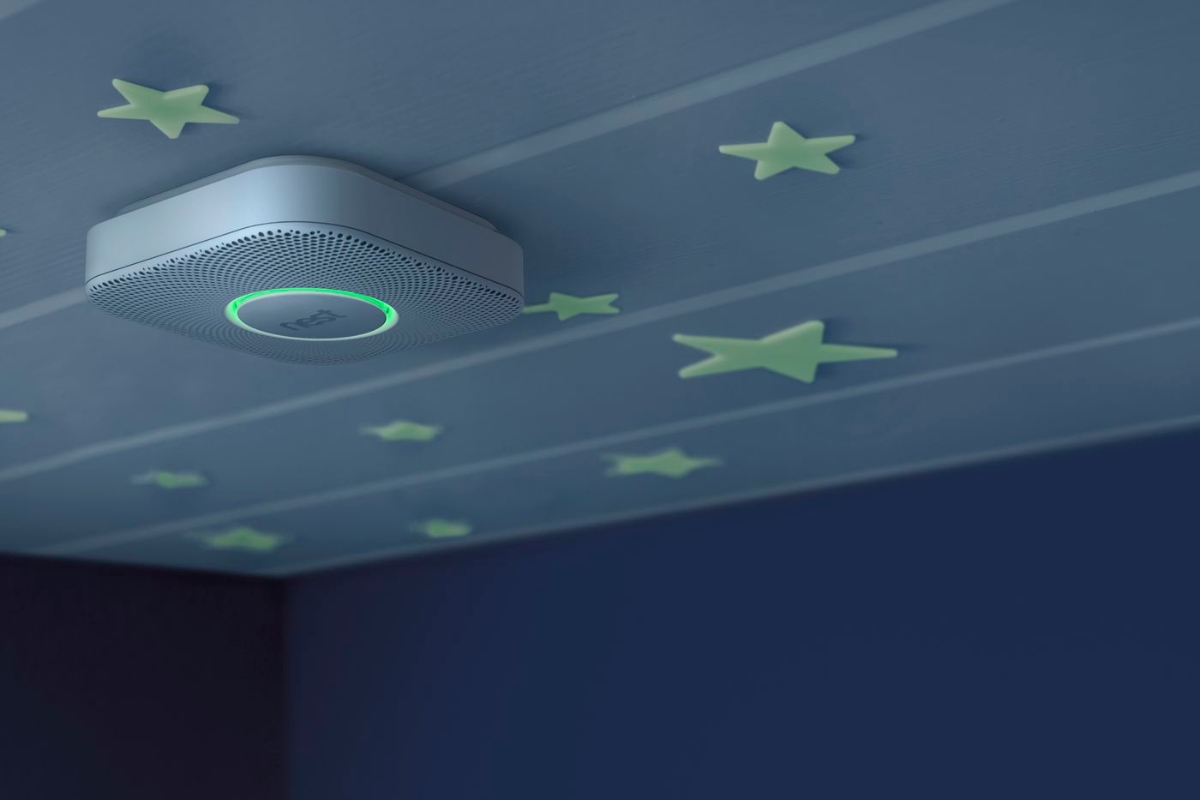
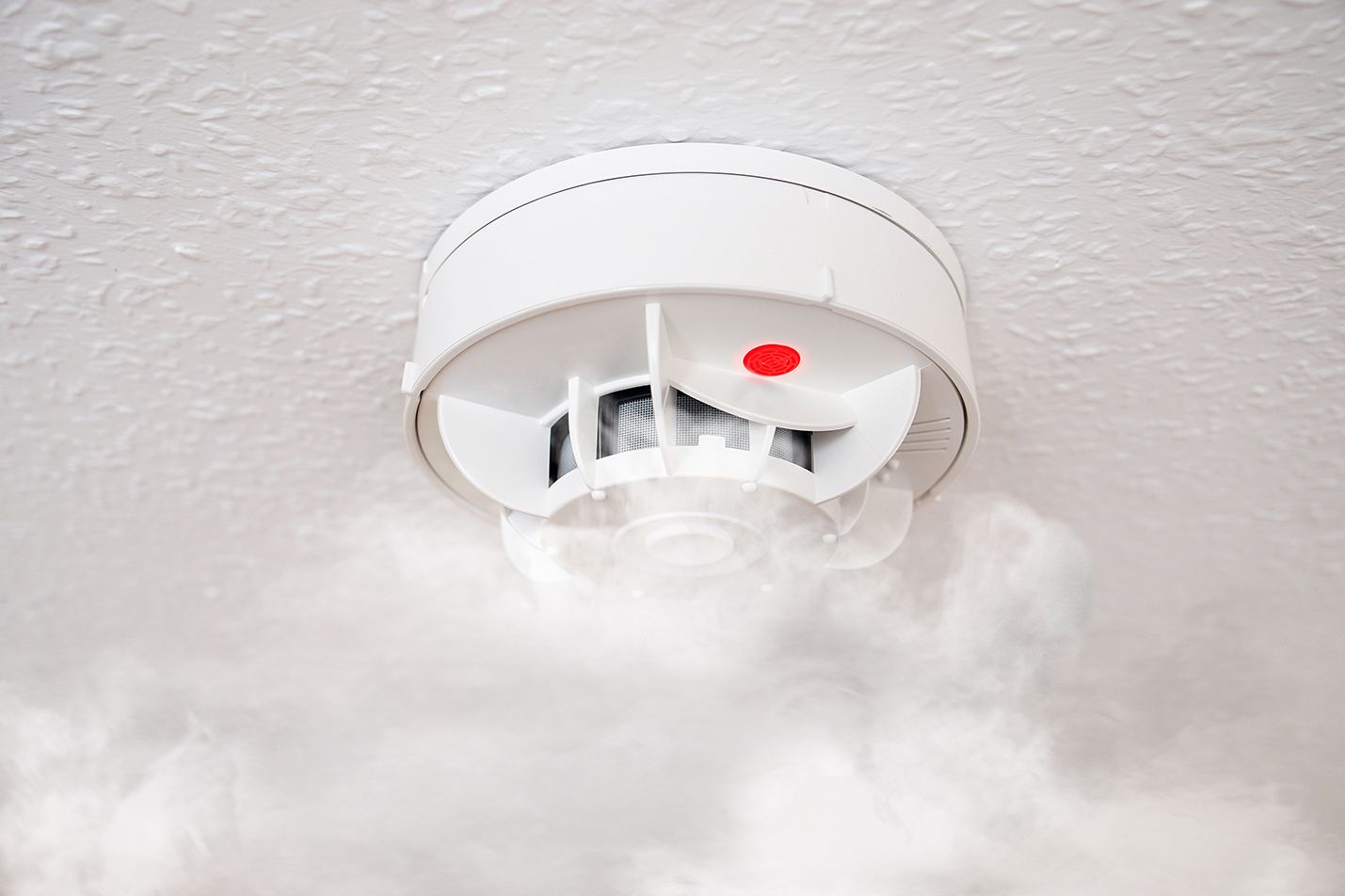
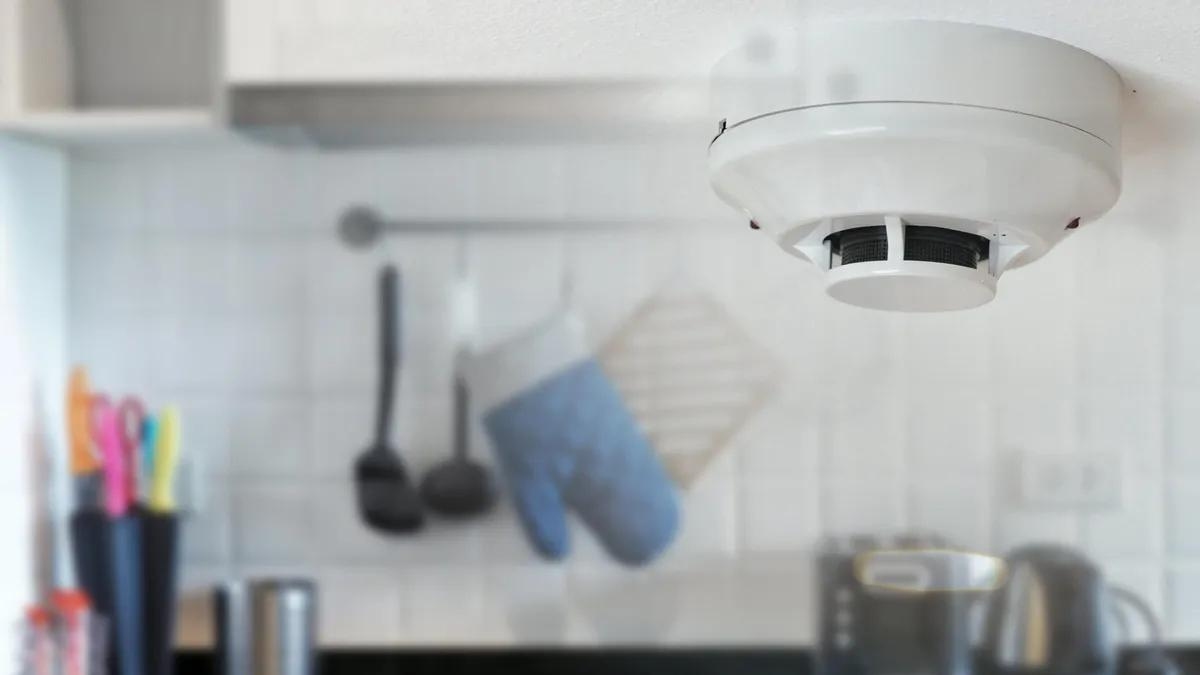
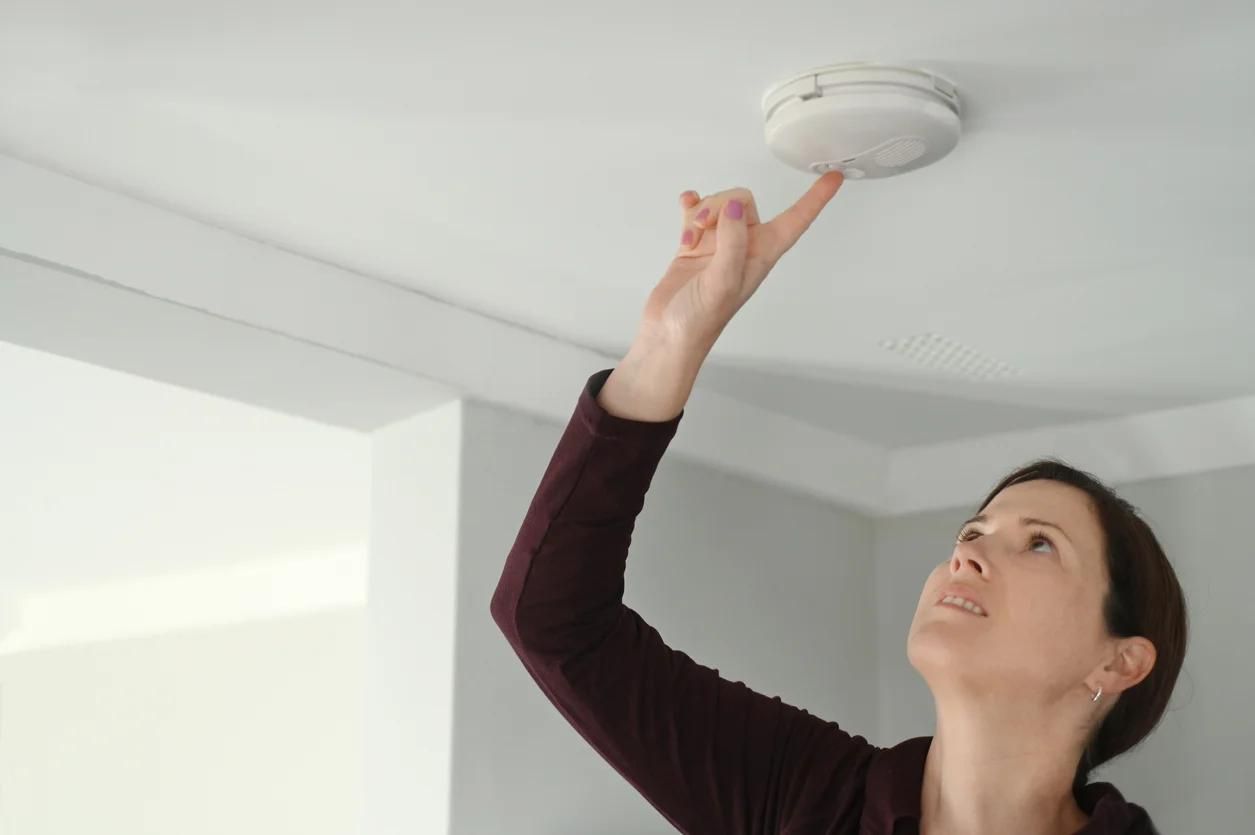
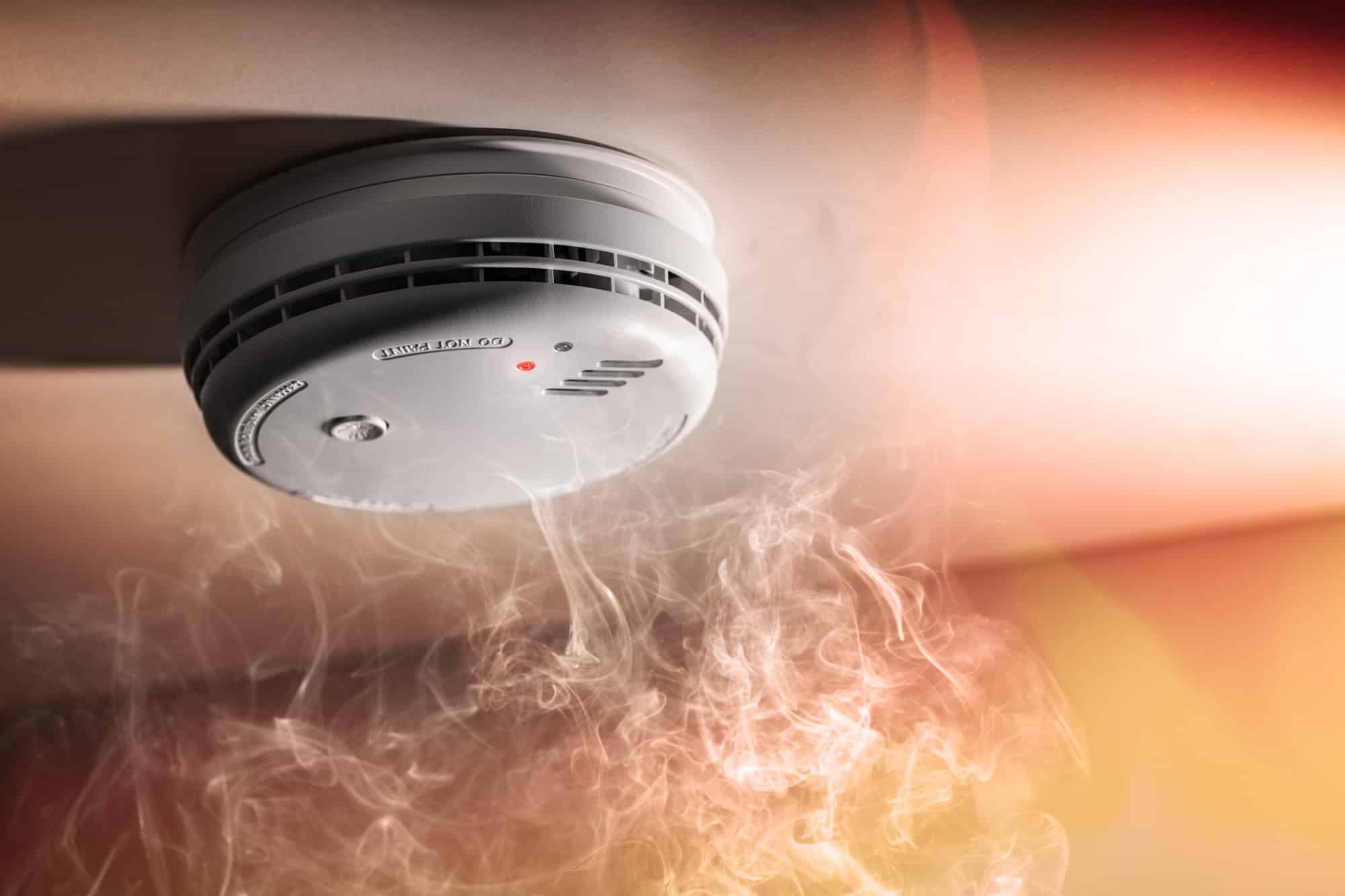
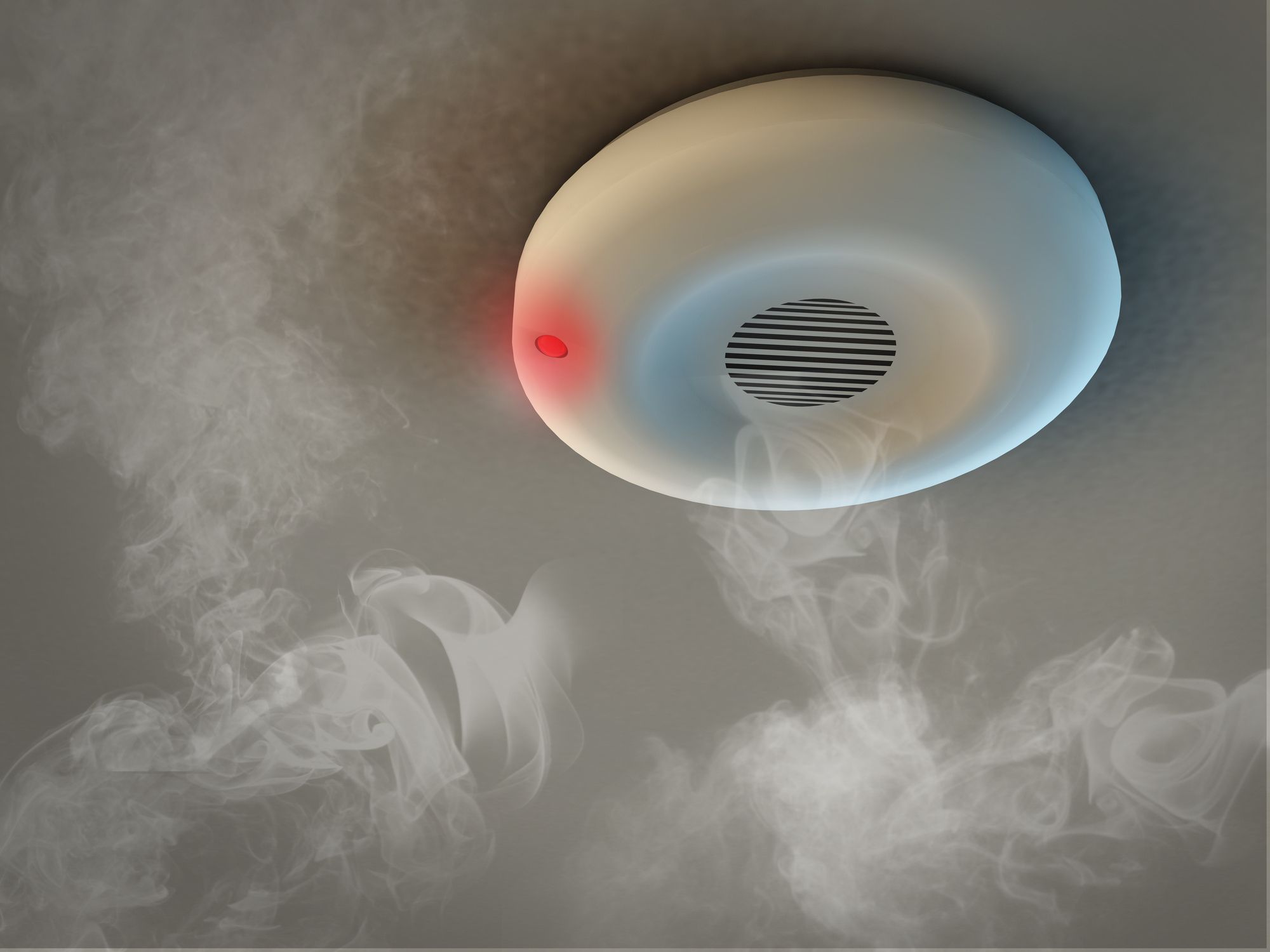
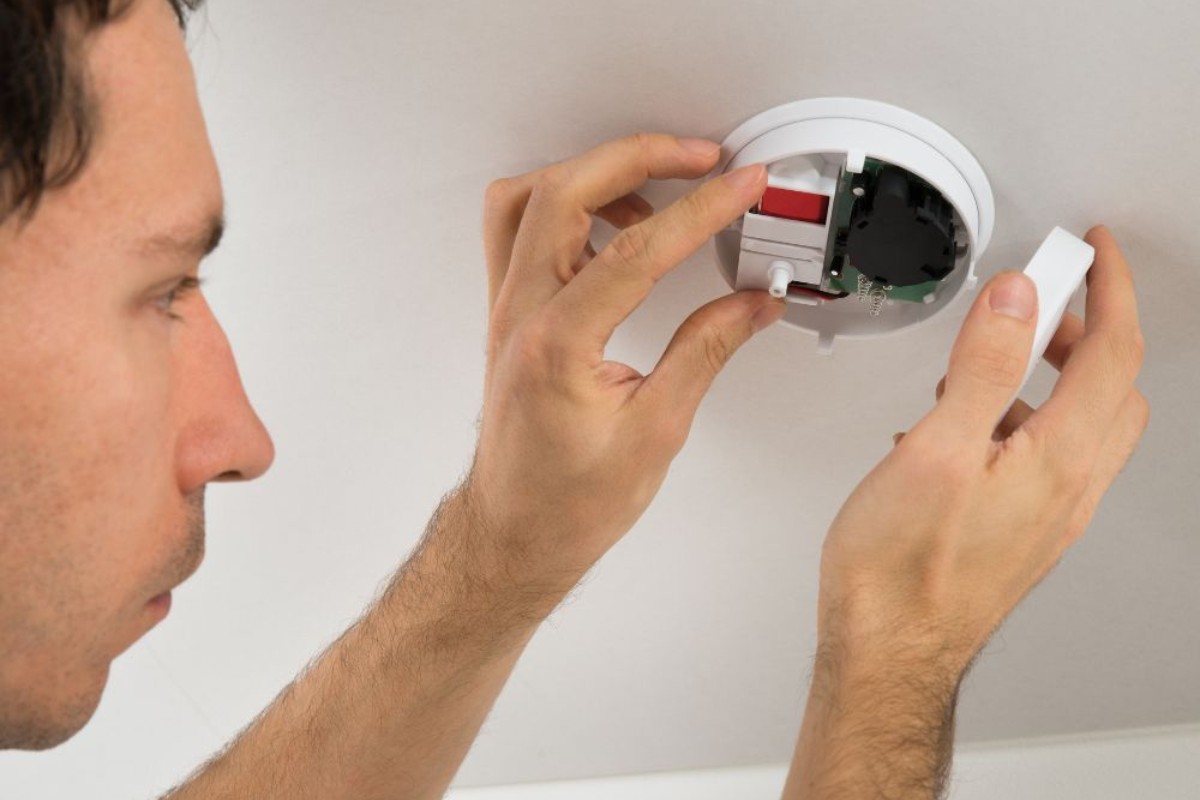
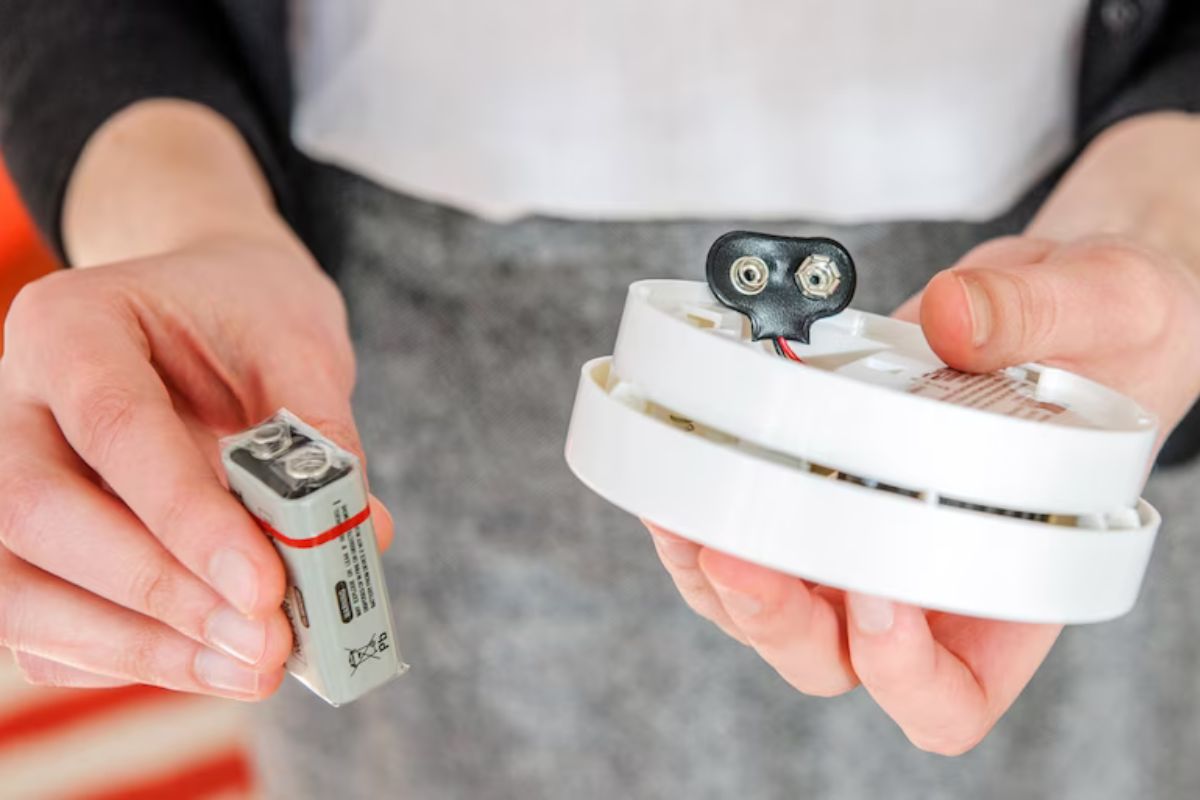
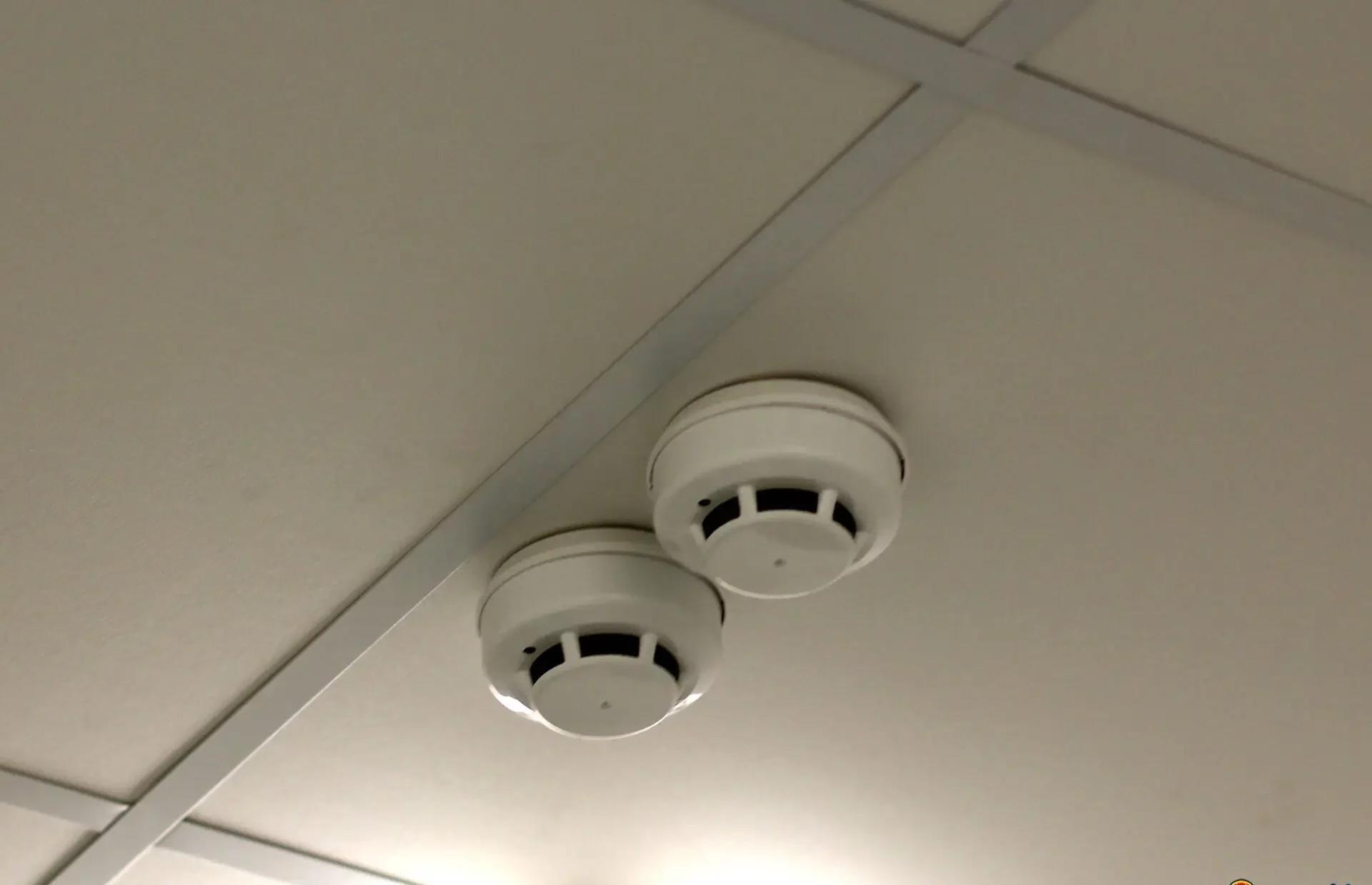

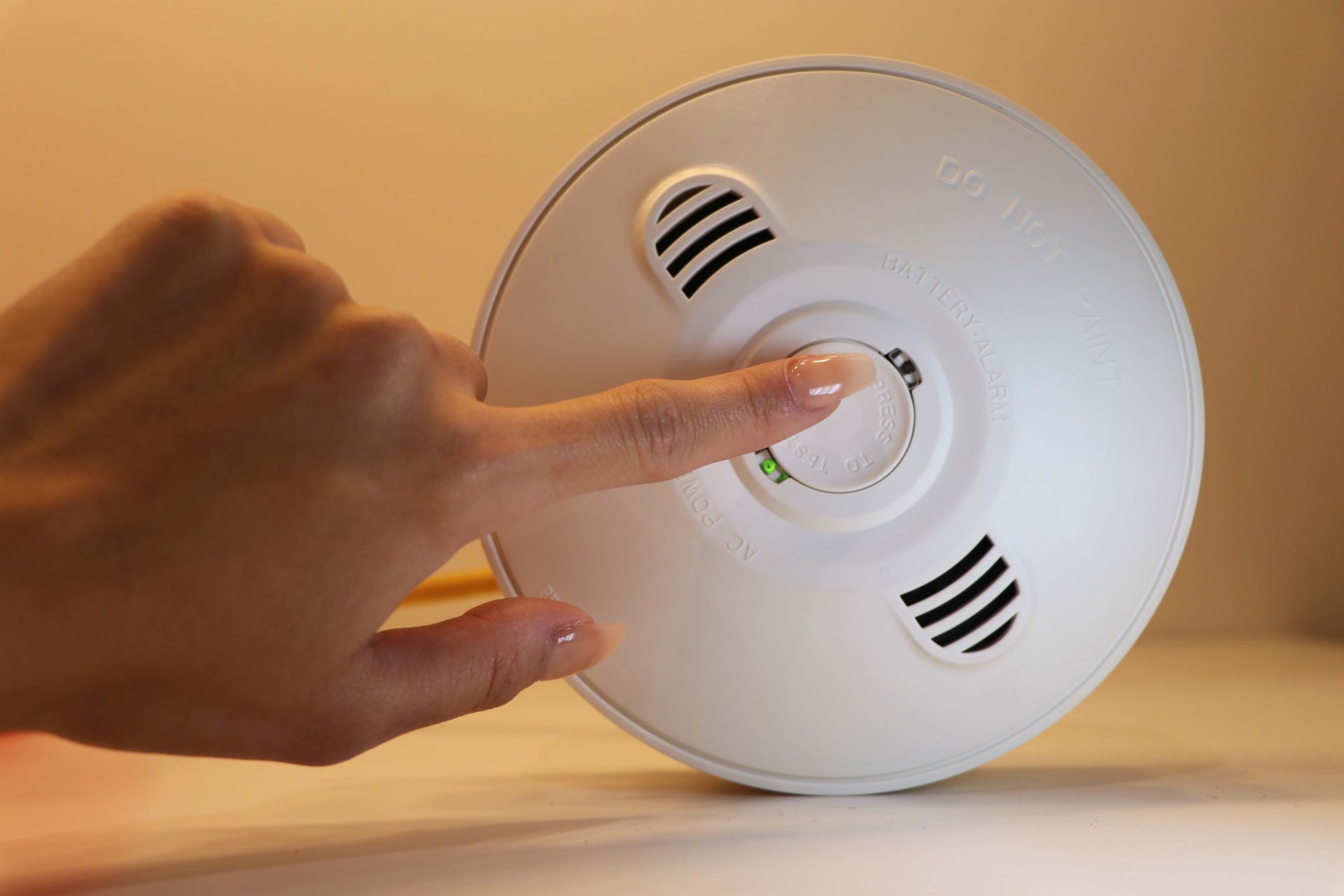
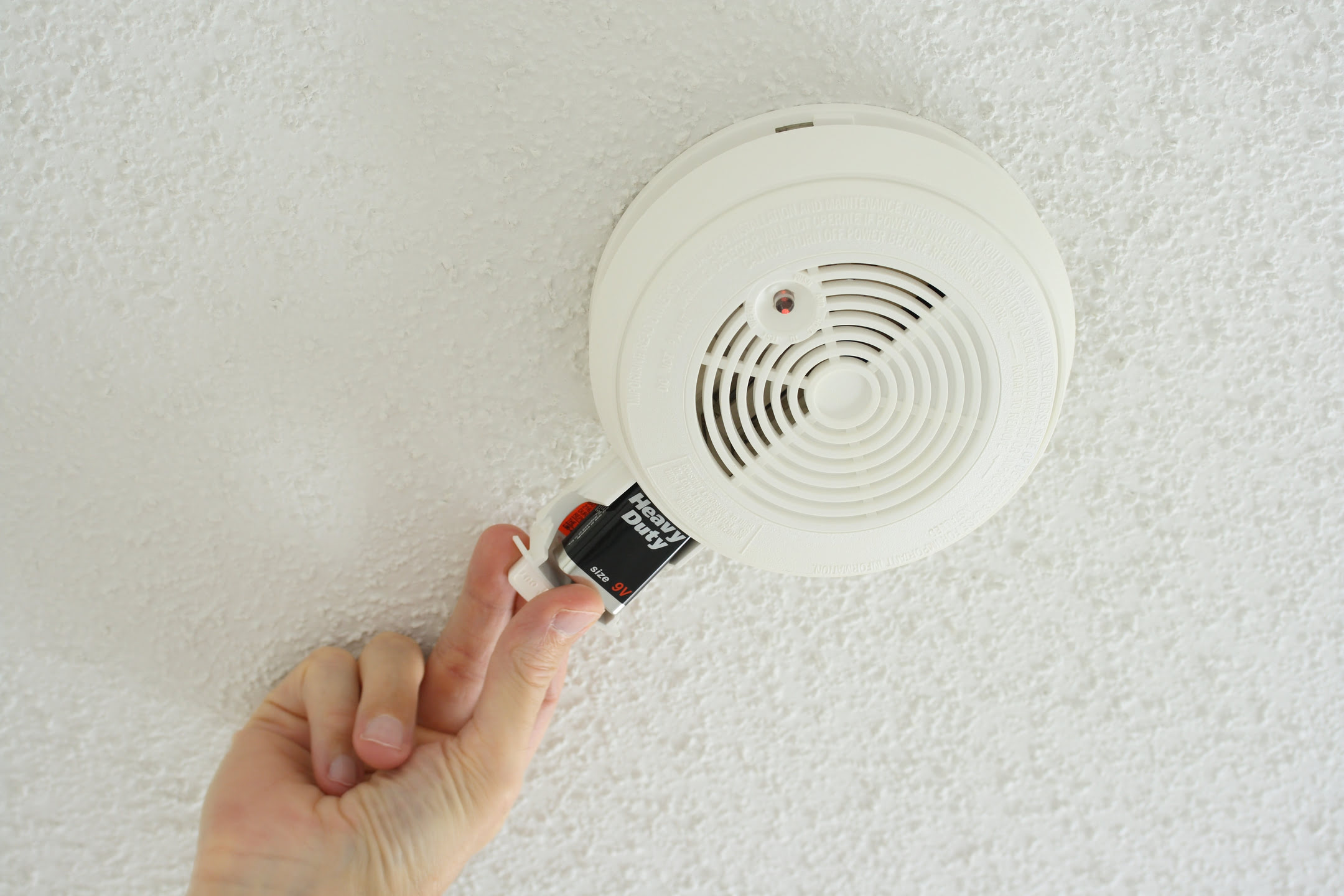
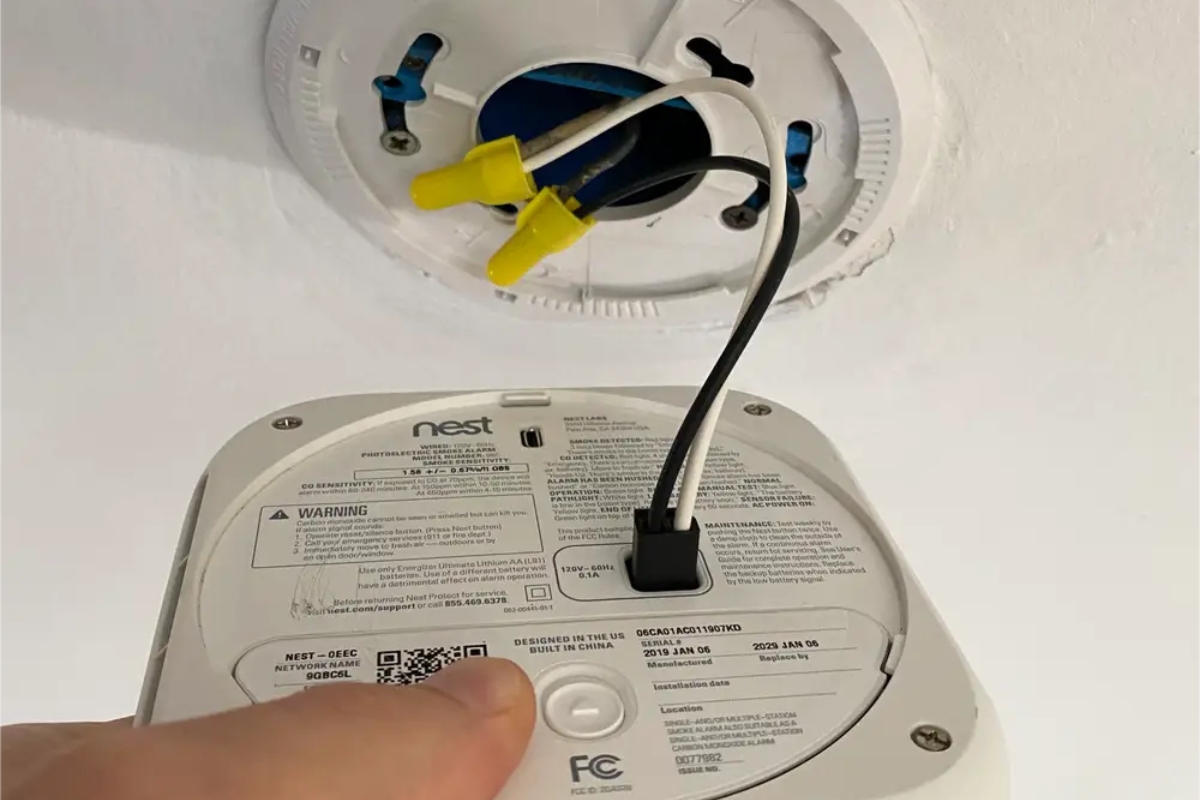
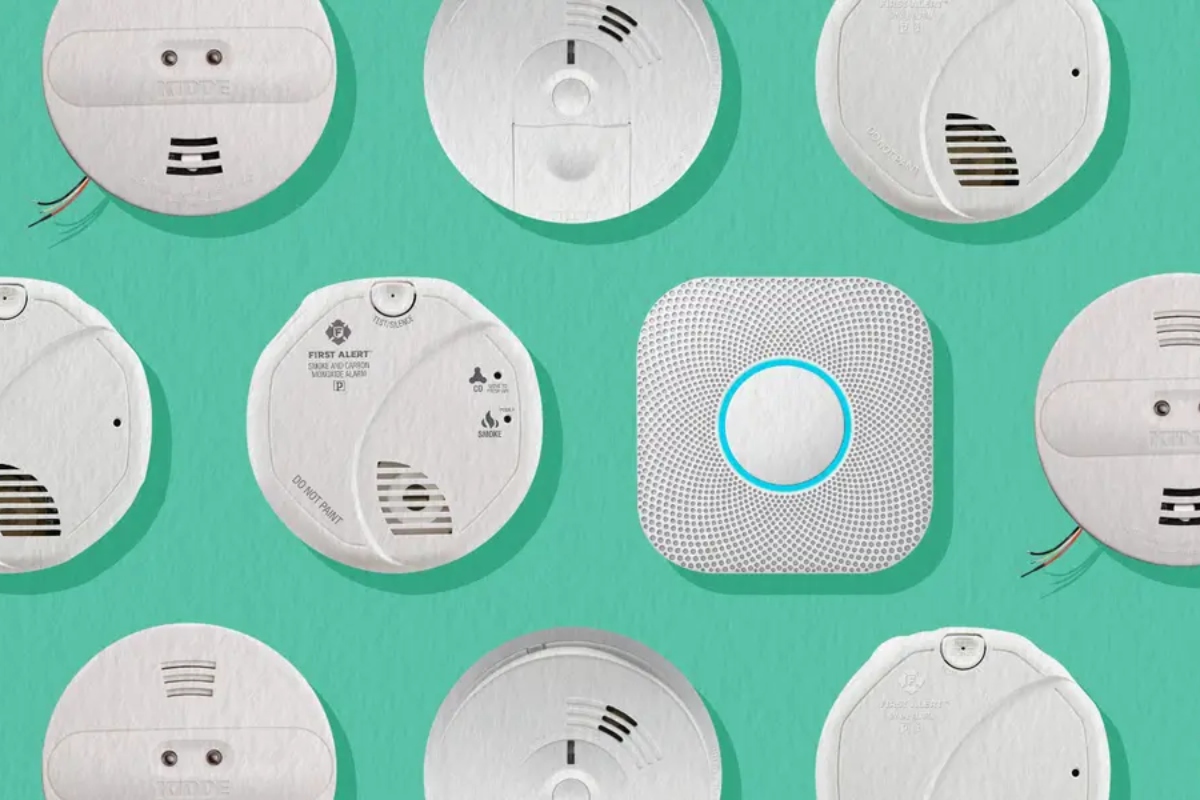

0 thoughts on “Why Does A Smoke Detector Chirp?”